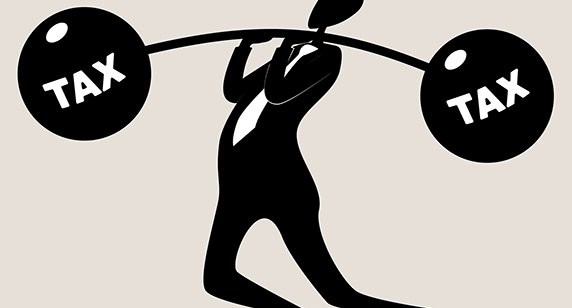
Kenya’s proposed Finance Bill for the 2024/2025 budget has sparked outrage due to a clause introducing a 16% Value Added Tax (VAT) on bread. This move has drawn criticism for several reasons, with many pointing out its unique and potentially detrimental impact on Kenyan citizens.
A Tax on a Staple Food
Bread is a vital part of the Kenyan diet, particularly for low-income households. Unlike most countries, Kenya is considering taxing this essential food item. This stands in contrast to many nations where basic necessities are exempt from VAT to ensure affordability. The proposed tax is estimated to raise the price of a 400-gram loaf by Sh10 ($0.077), placing an additional burden on Kenyans struggling with rising inflation.
Public Backlash and Political Maneuvering
The tax proposal has been met with fierce opposition from the public. Kenyans expressed concerns about the strain it would place on household budgets, especially for those already facing financial difficulties. This public outcry, coupled with potential political implications, has led to a recent development. President William Ruto intervened and directed the removal of the bread tax proposal from the Finance Bill.
The Road Ahead: Alternative Revenue Streams
While the bread tax seems to be off the table for now, the Kenyan government still needs to find ways to raise revenue. Exploring alternative tax measures that target luxury goods or streamlining tax collection processes are potential solutions. Additionally, focusing on economic growth initiatives could generate more tax revenue organically in the long run.
A Global Anomaly
While VAT on various goods and services is commonplace, taxing a staple food like bread is a rare instance. This unusual proposal in Kenya highlights the need for a more nuanced approach to taxation, considering its impact on essential needs and vulnerable populations.
Conclusion
The proposed bread tax in Kenya serves as a reminder of the delicate balance between raising government revenue and ensuring the well-being of citizens. The public’s response and the government’s subsequent action demonstrate the importance of public discourse in shaping economic policy.







